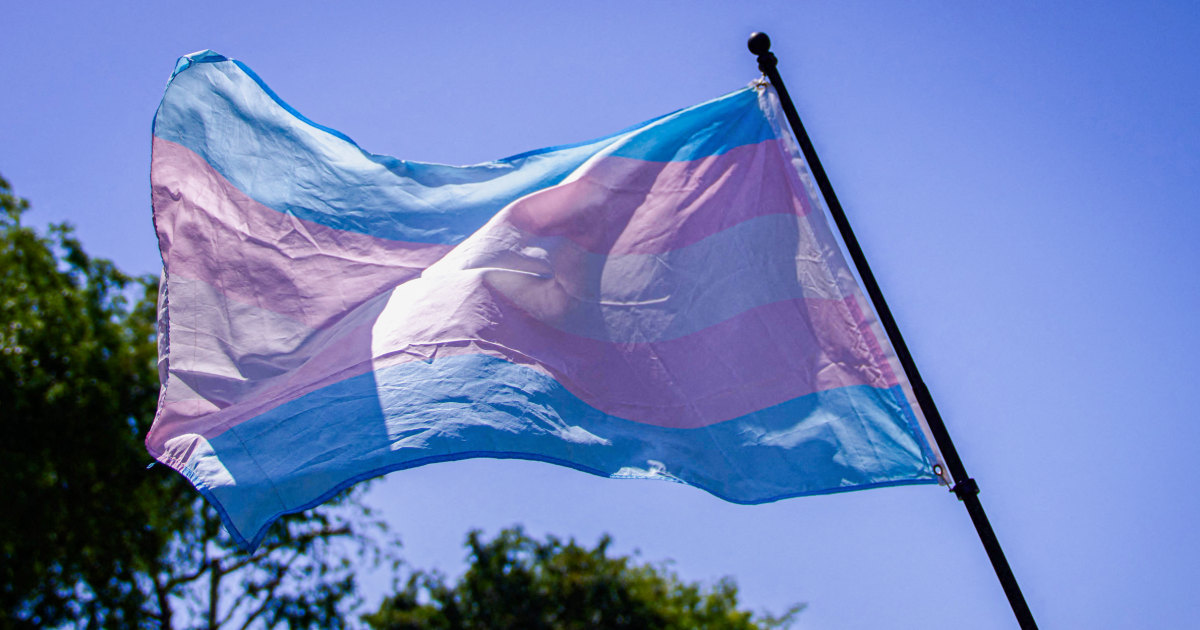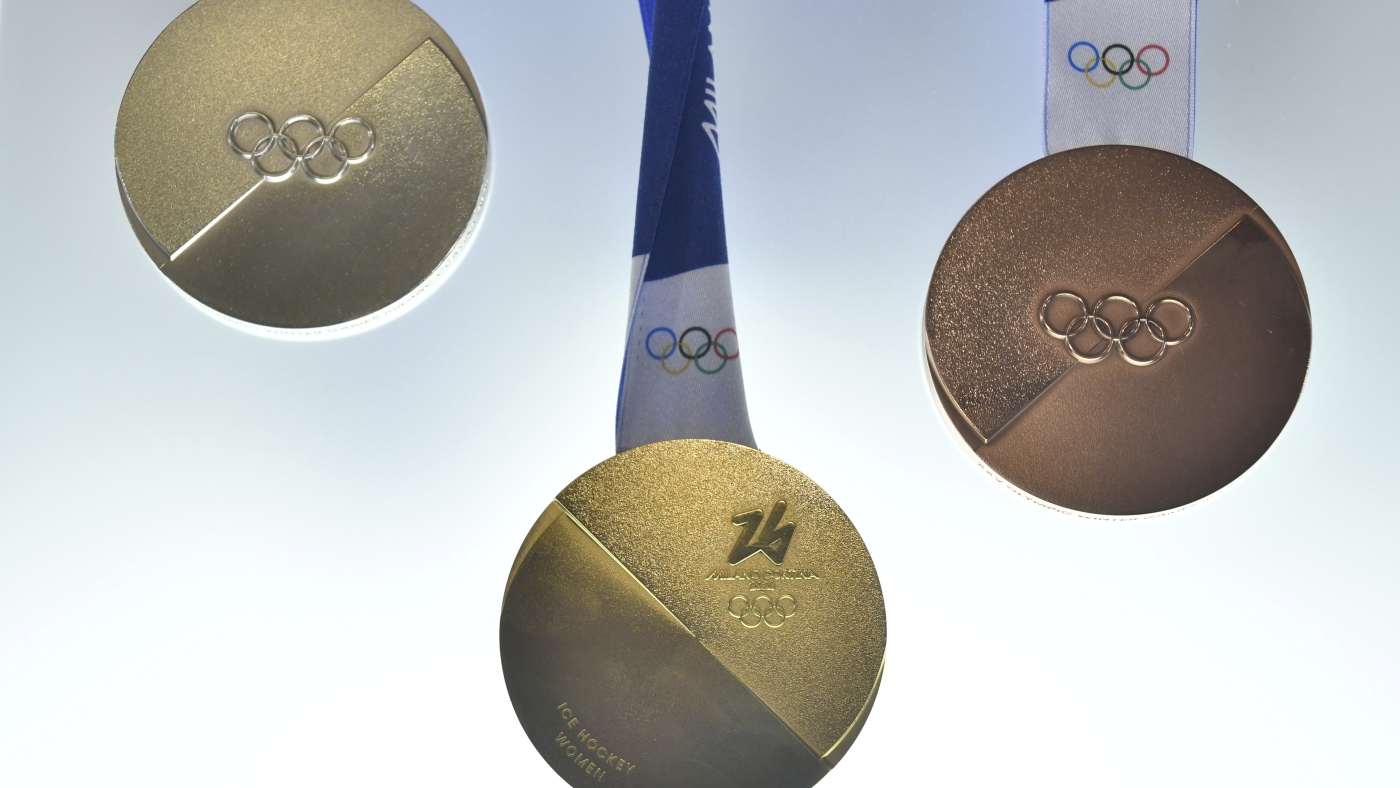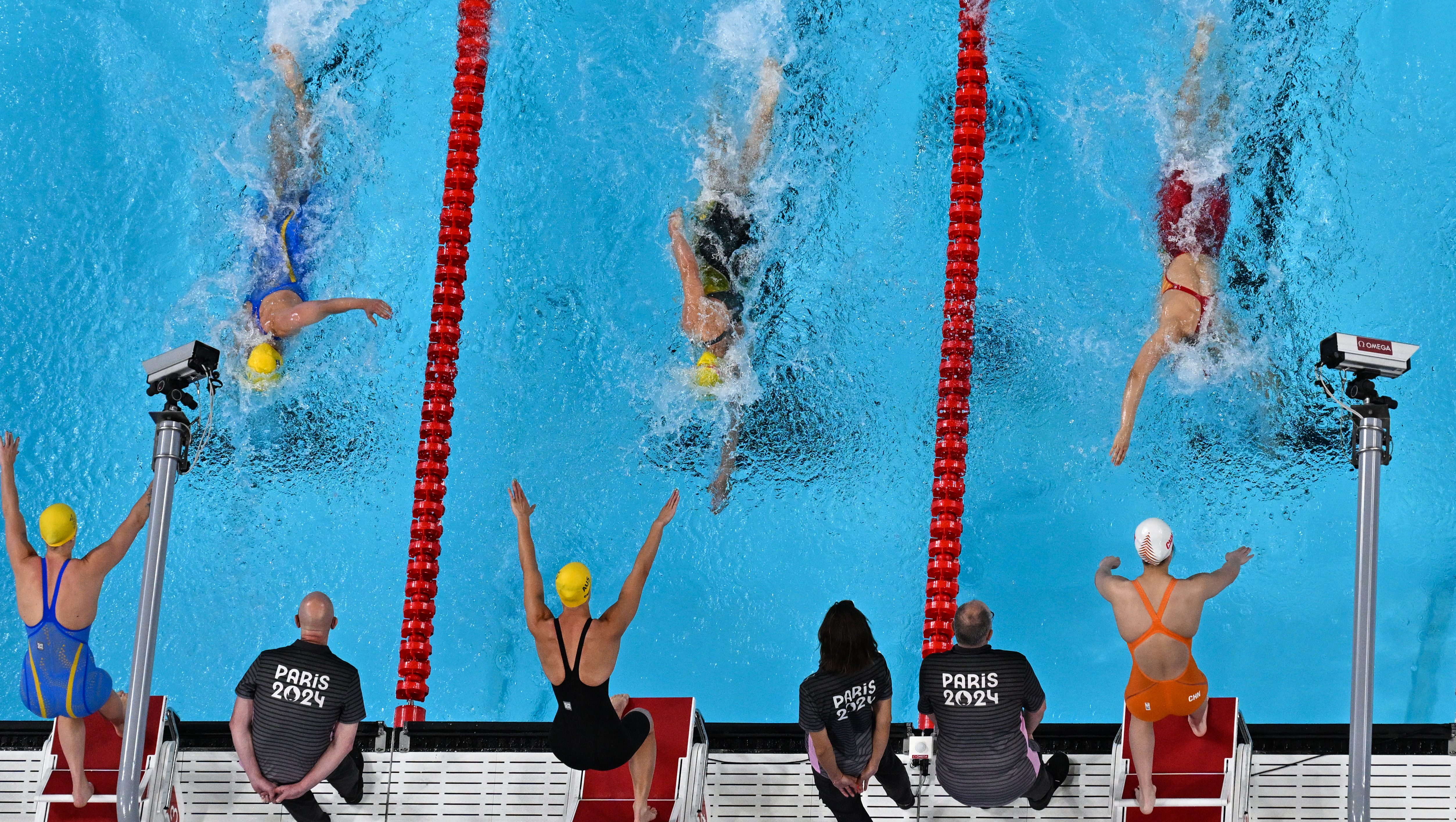T4K3.news
US Olympic Committee announces ban on transgender women in women's sports
The USOPC has barred transgender women from competing in women's events following a federal mandate.
The U.S. Olympic and Paralympic Committee has barred transgender women from competing in women’s sports.
US Olympic Committee bans transgender women from competing in women's sports
The U.S. Olympic and Paralympic Committee has implemented a ban on transgender women participating in women's sports, following an executive order from President Donald Trump. This policy change was discreetly updated on the committee’s website and communicated to national governing bodies overseeing various sports. The move aligns with Trump’s February order aimed at preventing transgender athletes from competing in female categories and threatens federal funding for noncompliance. The announcement has drawn criticism from organizations such as the National Women’s Law Center, which argues that the decision compromises the safety and needs of athletes.
Key Takeaways
"By giving into the political demands, the USOPC is sacrificing the needs and safety of its own athletes."
Fatima Goss Graves of the National Women’s Law Center comments on the implications for safety and inclusion.
"Our revised policy emphasizes the importance of ensuring fair and safe competition environments for women."
USOPC officials explain the reasoning behind the new ban in their communications.
This policy shift reflects a contentious national debate over transgender participation in sports. The USOPC's compliance with federal mandates positions it within a political context that sees athletic fairness as a partisan issue. The rising trend of states enacting similar bans underscores a deeper societal divide. As more organizations consider or adopt stringent measures, the concepts of inclusion and fairness within sports face significant challenges. In this evolving landscape, the impact on athletes, particularly those who identify as transgender, becomes increasingly complex and fraught with implications for both competitive integrity and individual rights.
Highlights
- The ban represents a shift in the balance of fairness and inclusion.
- This policy change may threaten the participation of transgender athletes at all levels.
- The pressure from political forces is reshaping sports governance.
- Are we prioritizing politics over the rights of athletes?
Concerns over political backlash and athlete safety
The USOPC's new policy is likely to provoke public and legal scrutiny, particularly as it intersects with ongoing debates about gender identity and fairness in sports. This shift may lead to alienation of transgender athletes and could result in legal battles over discrimination.
As the conversation continues, this policy shift may have lasting implications for the future of sports and inclusivity.
Enjoyed this? Let your friends know!
Related News

US Olympic Committee enforces ban on transgender women in sports

U.S. Olympic Committee imposes ban on trans women in sports

Southern Baptists propose resolutions against pornography and same-sex marriage

Fortnite Olympic Event Faces Fan Backlash

Bend It Like Beckham sequel officially announced

World Athletics mandates gene tests for female athlete eligibility

Southern Baptists propose resolutions on marriage and family

Trump signs executive order on college sports
